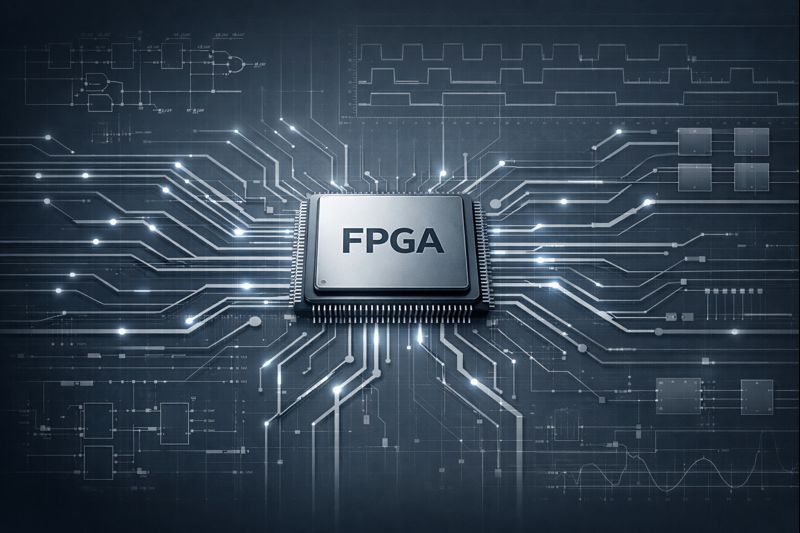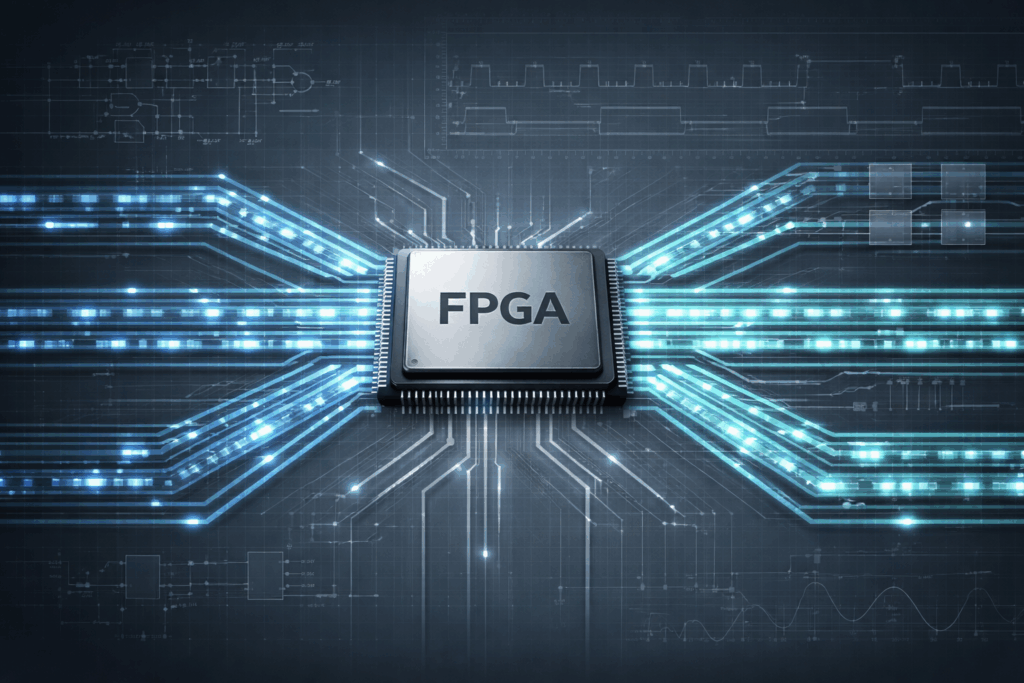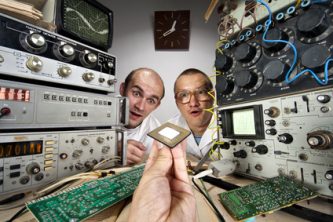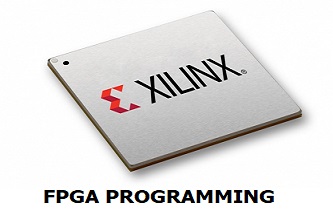A Brief History of Altera
29/03/2018, hardwarebee
The Altera Corporation is a FPGA company that creates FPGA and PLDs along with development software. The primary products produced by Altera today include the following:
- FPGAs: Arria, Cyclone, and Stratix
- CPLDs: Max Series
- Enpirion PowerSoC DC-DC Power Solutions
- Quartus II Design Software
Today, Altera is considered a global leader in the manufacturing of high-density, high-performance programmable logic devices and CAD development tools. Altera serves the computer, telecommunications, data communications, and other industries with its products.
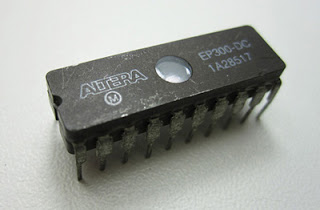
Founding
In 1983, the Altera Corporation was founded by a British applications engineer, Rodney Smith. Using $500,000 in seed money, Smith founded Altera with Robert Hartmann, James Sansbury, and Paul Newhagen, each of them coming from other companies in the semiconductor industry. By 1984, Alera, which stands for “alterable” that describes the chips the company creates, introduced the first-generation to the marketplace.
The goal of the company was to fill the need for standard programmable parts for the IBM PC by using development tools that were inexpensive. The new type of chip allowed customers to design and program it for their own needs.
Development
The development of Altera was spurred by the industry itself, making the need for programmable chips a necessity due to the manufacturing process which often required revision when making specific customized chips. The programmable chips created by Altera was quickly marketed by companies like Intel and soon the fortunes of Altera took off.
By 1988, Altera’s sales reached $38 million and the company went public. As Altera expanded, they introduced a new generation of their chip design and created the first erasable programmable logic device or EPLD. This innovation allowed their vendors to save board space and time in programming the chips.
In 1989, the company introduced the first integrated graphical design environment that put together design simulation, compilation, schematic input, and programming software all in one place. This helps to invigorate the industry and put Altera at the top of its field. The company continued to break new barriers by introducing their first FPGA in 1992 which used flexible logic elements as opposed to the standard structured ones.
After experiencing some turbulence in their market when profits rose and fell in the early 1990s, Altera continued to be one of the leaders in innovation. Plus, with manufacturing costs dropping, they were able to lower their prices for consumer who quickly took advantage. By the mid-1990s, Altera was going up against Xilinx, their major competitor, in creating hardware products that each rival managed to top in terms of performance.
The competition helps spur the electronics industry which expanded to many different fields. At the same time, Altera created the Megafunctions Partners Program that brought in several companies to assist with some of the products the company was offering. This included companies like Synopsis where a five-year agreement led to the development of a new line of CPLDs.
On December 28th, 2015, Intel acquired Altera for $16.8 billion, putting an end to the independently-run company, although the Altera name is still used for their product line.



